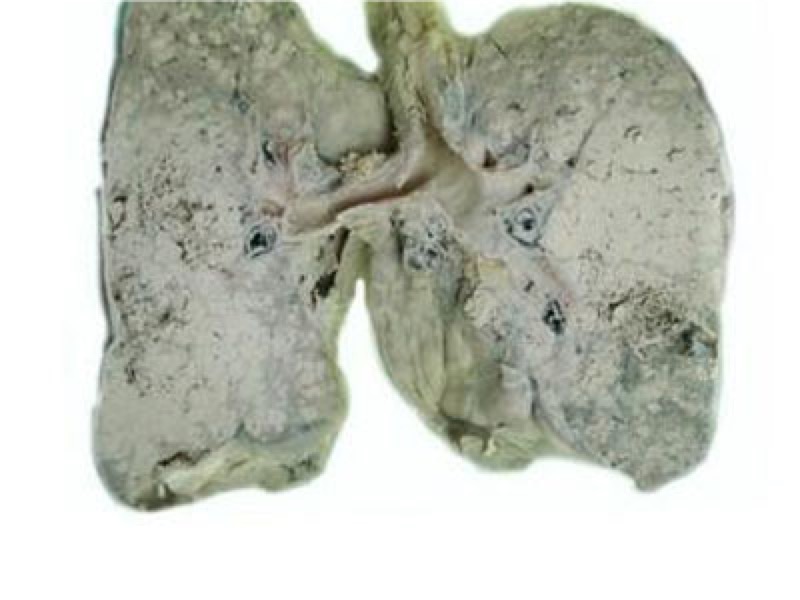Is psa greater than 100 necessarily cancer?
Is psa greater than 100 necessarily cancer? The full name of PSA is prostate-specific antigen, which refers to a protein produced by prostate cells that can be secreted into the serum. PSA can be used as a marker for screening prostate cancer and monitoring changes in prostate cancer disease. Is PSA elevated prostate cancer?
Prostate cancer has a characteristic that prostate cancer cells like to engulf free PSA, so the total PSA in prostate cancer patients is increased, but free PSA will be eaten up by prostate cancer cells, so The free PSA ratio is reduced. If the free PSA ratio is less than 15% it is highly suspected that there is a problem. This patient''s total PSA is 10, which is beyond the gray area we said. In addition, the ratio of free PSA to total PSA is only 3%, which is also lower than what we said 15%, the patient is at risk of prostate cancer . Who should go for PSA?
Almost all patients with prostate cancer are around 45-60 years old. Men generally start at age 45 and undergo PSA screening once a year or two years to help detect early prostate cancer. In addition, prostate cancer is a very slow-growing disease. For men over 75 years old, if there is no problem with PSA before, screening after 75 years old can also be done without risking life. An increase in the PSA value once does not explain the problem, and the inspection must be repeated.
You can’t just look at the PSA without puncture. In addition to PSA, there are many auxiliary indicators, including free PSA, PSA doubling time, PSA density, prostate tumor volume comparison, etc., can provide more information to the doctor. After all, if you do not perform puncture at 4-10ng, there may be a missed diagnosis, but the puncture results of 70% in this part of the patients are negative, so a comprehensive analysis of these factors can try to avoid unnecessary puncture, and at the same time Will not miss patients who should be punctured.
There are three cases of elevated PSA: the first is prostatitis, the second is prostatic hyperplasia, and the third is prostate cancer. Under normal circumstances, it is recommended that patients do 2-3 PSA value tests. If the PSA value is detected three times every two weeks or one month, and the PSA value continues to be in a relatively high position, because the normal value of PSA is below 4, once it appears When the PSA value is above 10, the patient is advised to make a puncture diagnosis.
Related Articles

- Early symptoms of lung cancer
- 2020-12-17

- Early Signs of Bladder Cancer
- What are the early symptoms of bladder cancer?
- 2020-12-17

- First-line chemotherapy for squamous cell carcinoma
- Squamous cell carcinoma is abbreviated as squamous cell carcinoma, also known as epidermal carcinoma. It is a malignant tumor that occurs in epidermal or accessory organ cells. Cancer cells
- 2020-08-02

- Is the second-grade clear kidney cancer living up to 5 years?
- Nuclear grading is an important prognostic factor for renal clear cell carcinoma and has been included in the WHO classification. Currently, a four-level grading system is generally used. T
- 2020-08-02

- Is metastatic carcinoma easy to metastasize
- Once the cancer has metastasized, it will be very difficult to cure, because many people have lost their lives because of the emergence of cancer, so most people think that cancer is an un
- 2020-08-02

- What does microinfiltrating adenocarcinoma mean?
- Microinfiltrating adenocarcinoma is a type of lung cancer. The reason why it is called microinfiltration means that there is less infiltration around it, which means that it is in the early
- 2020-08-01
